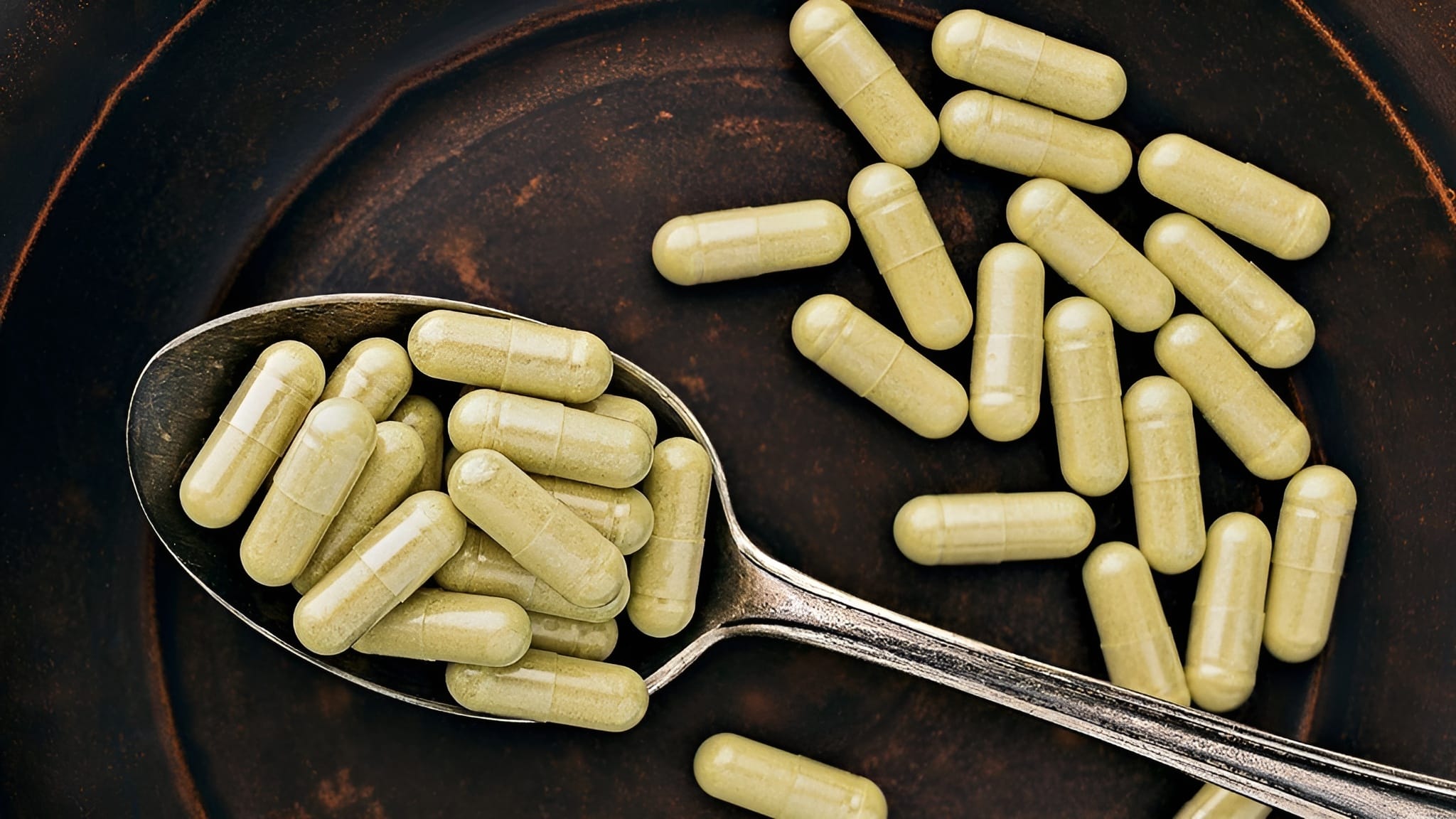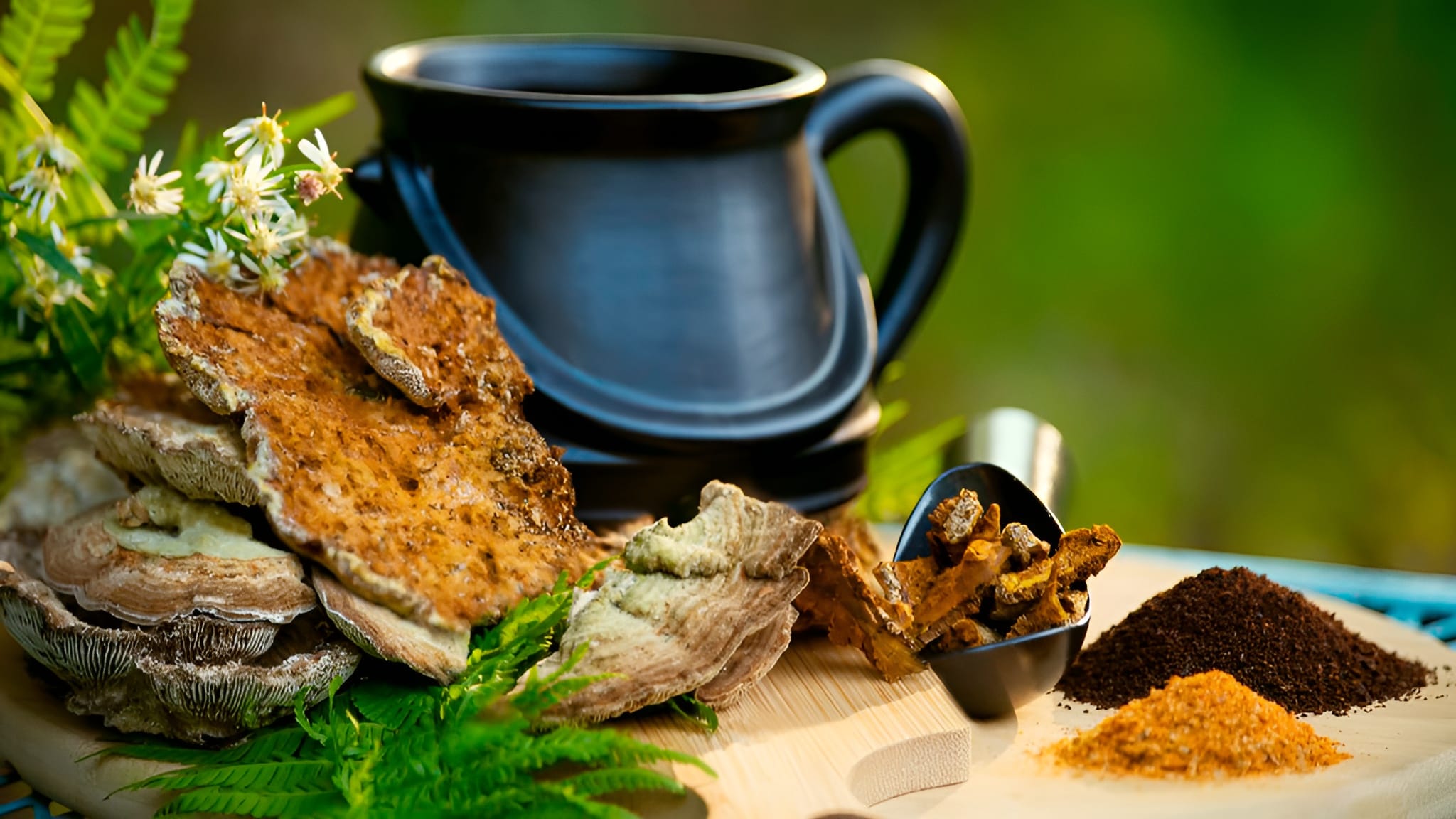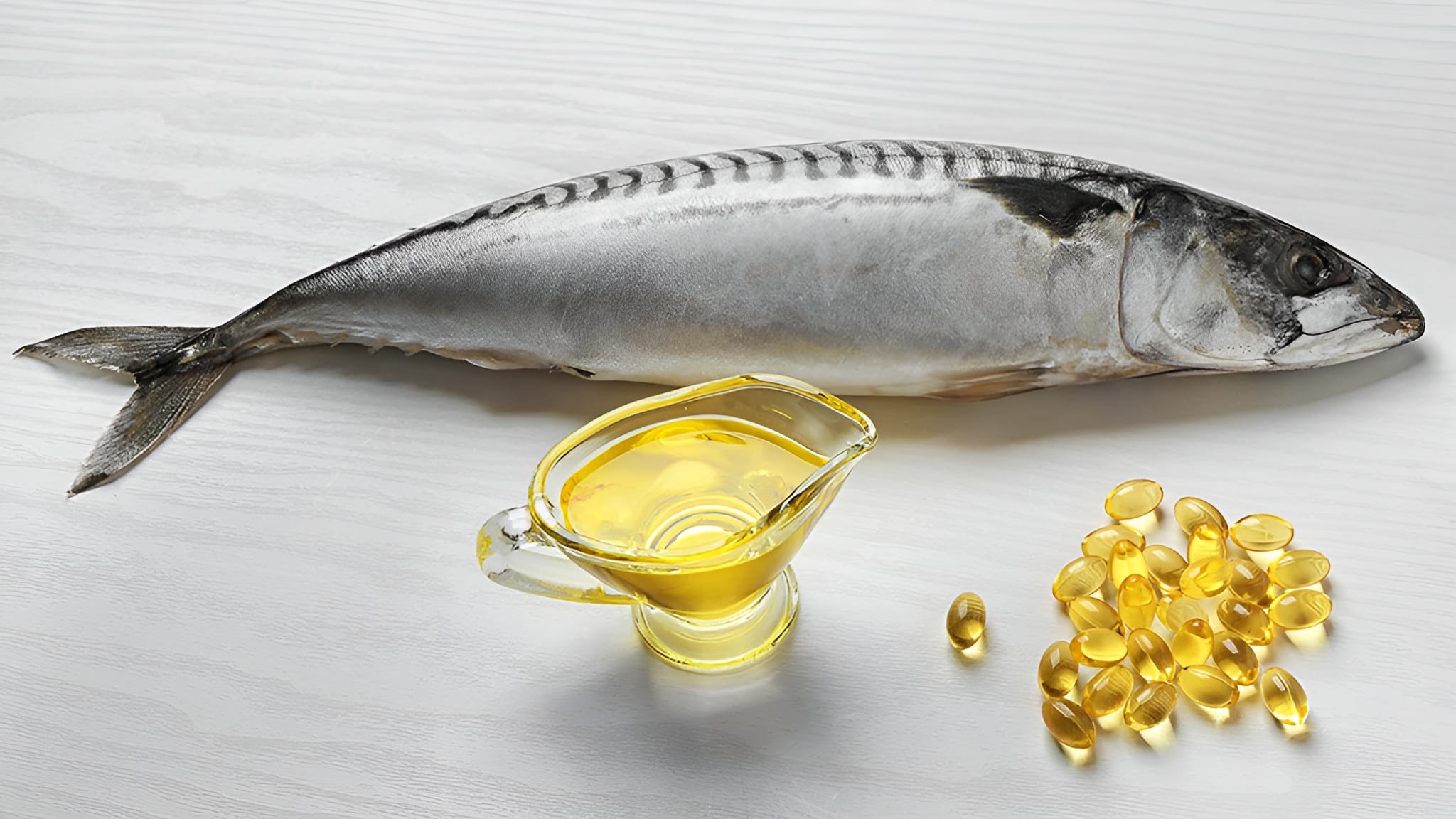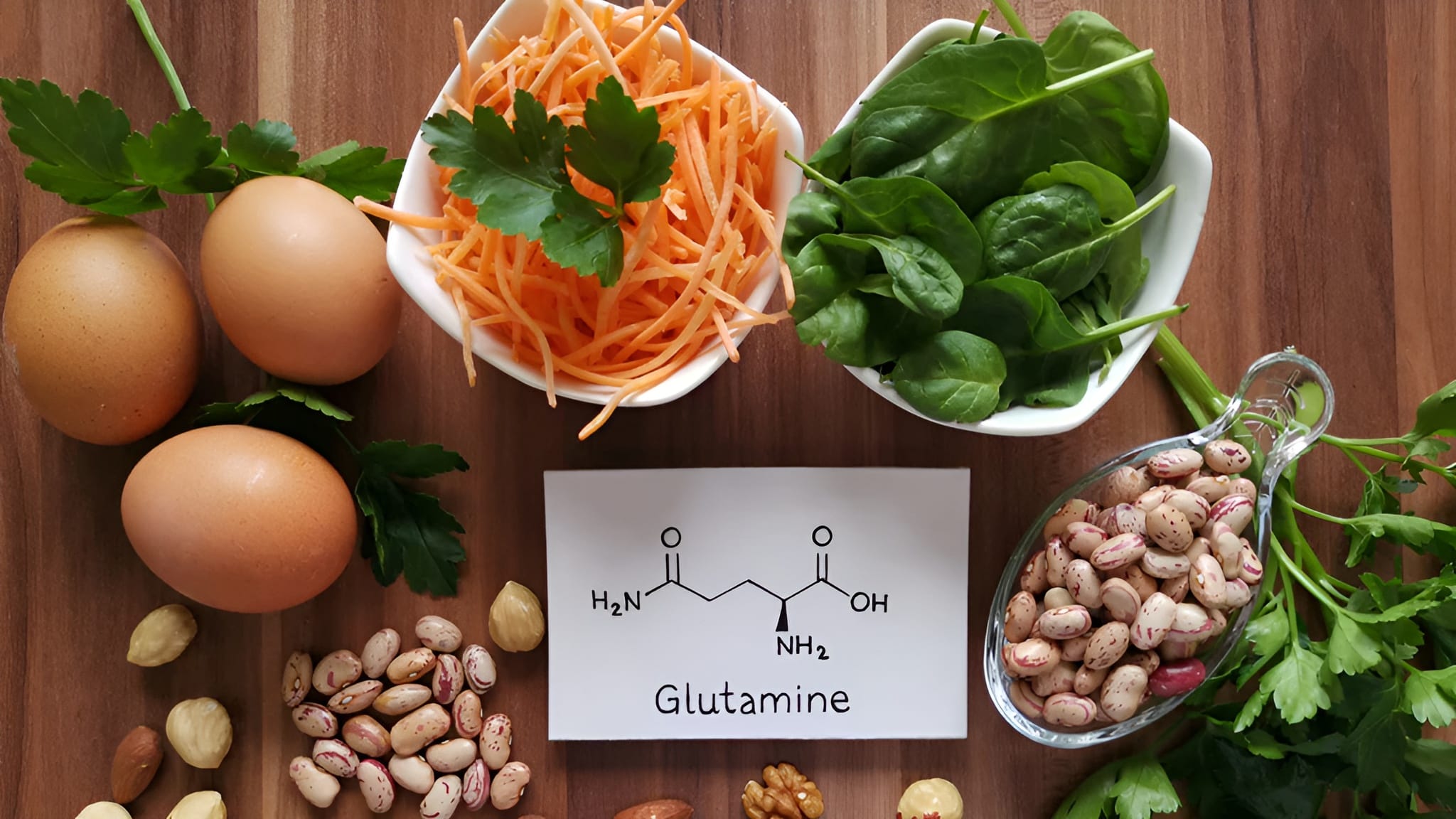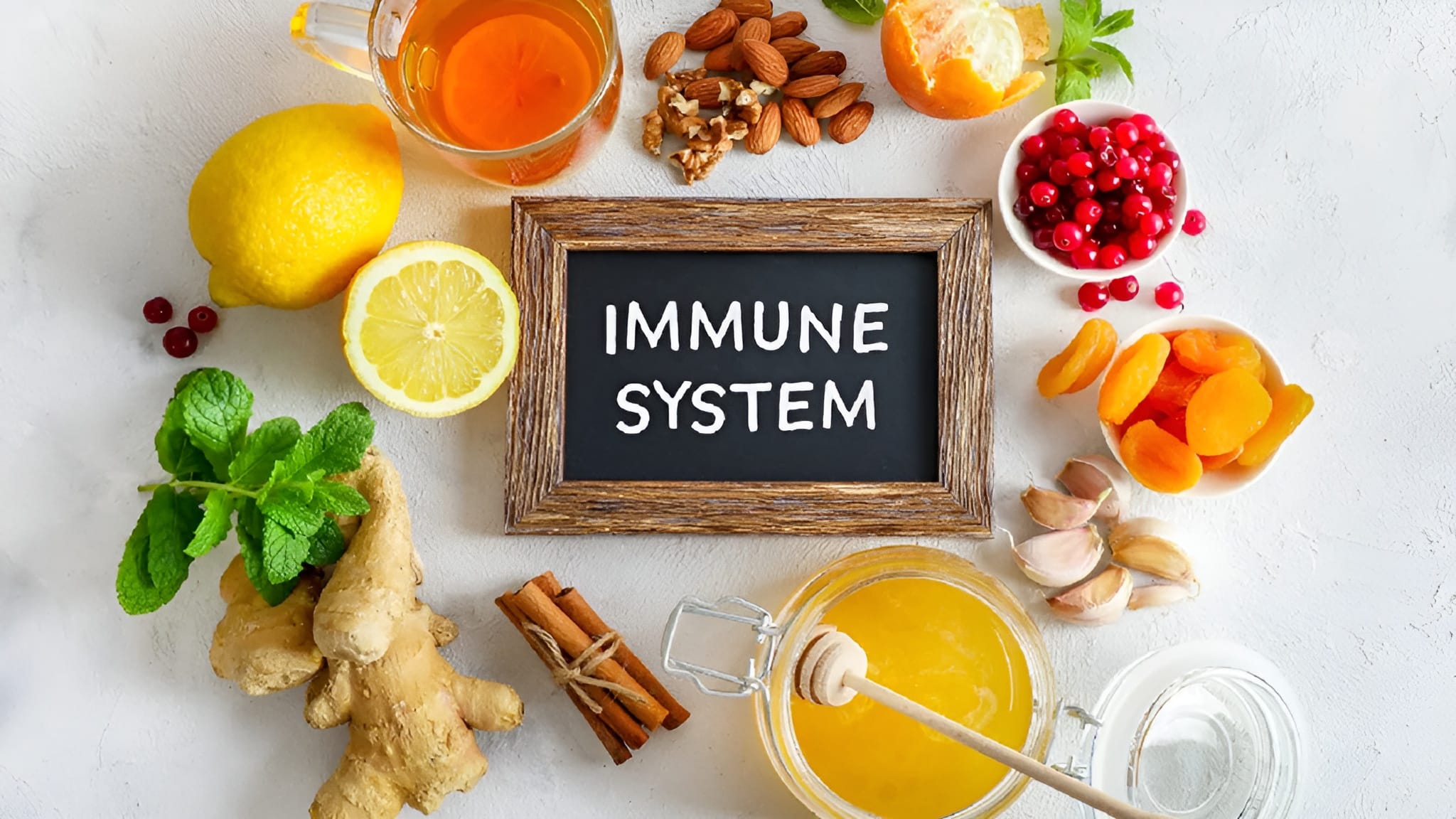Looking to supercharge your immune system? Quercetin and zinc, when combined, create a powerful synergy that can significantly enhance your body’s natural defenses.
While both quercetin and zinc offer individual immune-boosting benefits, their combined effect is truly remarkable. Quercetin acts as an “ionophore” for zinc, essentially shuttling it into your cells for enhanced immune activity.
Let’s explore the benefits of quercetin and zinc for immune support and how you can harness their power to stay healthy.
Table of Contents
Zinc: The Immune System's Messenger
Zinc is an essential mineral that plays a vital role in immune function:
- Immune Communication: Zinc helps coordinate the immune response by facilitating communication between immune cells [1].
- Antioxidant and Anti-inflammatory Action: Zinc also acts as an antioxidant and anti-inflammatory agent, protecting cells from damage and reducing inflammation [2].
Stacking quercetin + zinc with resveratrol can add antioxidant firepower, reinforcing defenses against oxidative stress.
These two rolls are similar to the role vitamin C plays in the immune system.
Quercetin: The Antiviral Powerhouse
Quercetin is a flavonoid (a type of plant pigment) with potent antiviral properties:
The Synergistic Power of Quercetin and Zinc
The combination of quercetin and zinc for immune support creates a dynamic duo that amplifies their individual benefits.
- Zinc Ionophore: Quercetin acts as an ionophore for zinc, meaning it binds to zinc and transports it into cells, where it can exert its immune-boosting effects [4].
- Enhanced Antiviral Activity: Since the COVID-19 pandemic, researchers have highlighted the potential of quercetin and zinc in combination. Studies suggest that this combination can inhibit the replication of viruses, including COVID-19 [5]. It’s believed to have similar effects against other respiratory infections.
Boosting Your Quercetin and Zinc Levels
Both quercetin and zinc are found naturally in various foods:
- Quercetin-Rich Foods: Apples, grapes, citrus fruits, cherries, blueberries, broccoli, tomatoes, kale, green tea, coffee, and onions.
- Zinc-Rich Foods: Legumes, nuts, meats, shellfish, milk and dairy products, eggs, grains, and potatoes.
Certain teas such as Longjing tea are filled with polyphenols such as quercetin.
While it’s possible to obtain quercetin and zinc through your diet, supplementation can be beneficial, especially during times of increased need, such as during cold and flu season or when your diet is lacking.
Quercetin and Zinc Supplements
You can find quercetin and zinc supplements individually or in combination formulas.
- Quercetin Dosage: Look for a supplement that provides 500-1000mg per day [6][7].
- Zinc Dosage: The recommended daily intake for zinc is 8-12mg. You can increase this dosage during illness.
For children it is important to limit dosage and also stay away from certain supplements alltogether. Read more about how to boost your child’s immune system.
The Benefits of Quercetin and Zinc for Immune Health
Quercetin and zinc for immune support offer a range of benefits:
- Immune Boosting: They enhance immune cell activity and response.
- Antioxidant Protection: They protect cells from damage caused by free radicals.
- Anti-inflammatory Action: They help reduce inflammation throughout the body.
- For complementary control, support inflammation balance with Omega-3 EPA & DHA, providing pro-resolving mediators your body uses to calm immune overreactions.
- Infection Prevention and Recovery: They can help prevent infections and support faster recovery.
By incorporating quercetin and zinc for immune support into your wellness routine, you can give your immune system a powerful boost and enhance your overall health.
It’s also interesting to note that Lysine assists zinc uptake, which further increases the capacity of your immune system.
FAQ
Yes. Quercetin can act as a zinc “ionophore,” helping shuttle zinc into cells—where zinc supports antiviral and immune signaling. Together they tend to punch above their weight.
Most people do well with quercetin 500–1,000 mg/day and zinc 8–15 mg/day (from diet + supplements). Short-term “extra” zinc (up to ~25–30 mg/day) is fine for a week or two during sniffle season—just don’t run high doses long term, and keep total zinc ≤40 mg/day (adult UL) to avoid copper depletion.
Quercetin dihydrate is common; phytosome/liposomal forms absorb better. Take with a meal (a little fat helps). For zinc, picolinate, citrate, or gluconate are well-absorbed. Avoid taking zinc alongside calcium/iron or high-fiber meals; space by 2+ hours.
Zinc can bind certain meds (thyroid meds, tetracyclines/quinolones)—separate by 2–3 hours. Quercetin may affect how some meds are processed and has mild antiplatelet effects; check with your clinician if you use blood thinners, diabetes meds, or are pregnant/breastfeeding.
Digestive/energy changes: 1–3 weeks. Fewer/shorter colds: often 6–12 weeks of steady use. For acute support, many start at first sign of a sniffle.
Vitamin C (recycles quercetin), vitamin D, and a probiotic foundation for gut-immune balance are popular adds.
Cites and Sources
No Citations
Show Citations
[1] - Read, S. A., Obeid, S., Ahlenstiel, C., & Ahlenstiel, G. (2019). The role of zinc in antiviral immunity. Advances in Nutrition, 10(4), 696–710. https://doi.org/10.1093/advances/nmz013
[2] - Prasad, A. S. (2009). Zinc: role in immunity, oxidative stress and chronic inflammation. Current Opinion in Clinical Nutrition & Metabolic Care, 12(6), 646–652. https://doi.org/10.1097/mco.0b013e3283312956
[3] - ClinicalTrials.gov. (n.d.). https://clinicaltrials.gov/study/NCT04468139
[4] - Dabbagh-Bazarbachi, H., Clergeaud, G., Quesada, I. M., Ortiz, M., O'Sullivan, C. K., & Fernández-Larrea, J. B. (2014). Zinc ionophore activity of quercetin and epigallocatechin-gallate: from Hepa 1-6 cells to a liposome model. Journal of agricultural and food chemistry, 62(32), 8085–8093. https://doi.org/10.1021/jf5014633
[5] - Velthuis, A. J. W. T., Van Den Worm, S. H. E., Sims, A. C., Baric, R. S., Snijder, E. J., & Van Hemert, M. J. (2010). ZN2+ inhibits coronavirus and arterivirus RNA polymerase activity in vitro and zinc ionophores block the replication of these viruses in cell culture. PLoS Pathogens, 6(11), e1001176. https://doi.org/10.1371/journal.ppat.1001176
[6] - Jin, F., Nieman, D. C., Shanely, R. A., Knab, A. M., Austin, M. D., & Sha, W. (2010). The variable plasma quercetin response to 12-week quercetin supplementation in humans. European Journal of Clinical Nutrition, 64(7), 692–697. https://doi.org/10.1038/ejcn.2010.91
[7] - Knab, A. M., Shanely, R. A., Henson, D. A., Jin, F., Heinz, S. A., Austin, M. D., & Nieman, D. C. (2011). Influence of quercetin supplementation on disease risk factors in Community-Dwelling Adults. Journal of the American Dietetic Association, 111(4), 542–549. https://doi.org/10.1016/j.jada.2011.01.013

